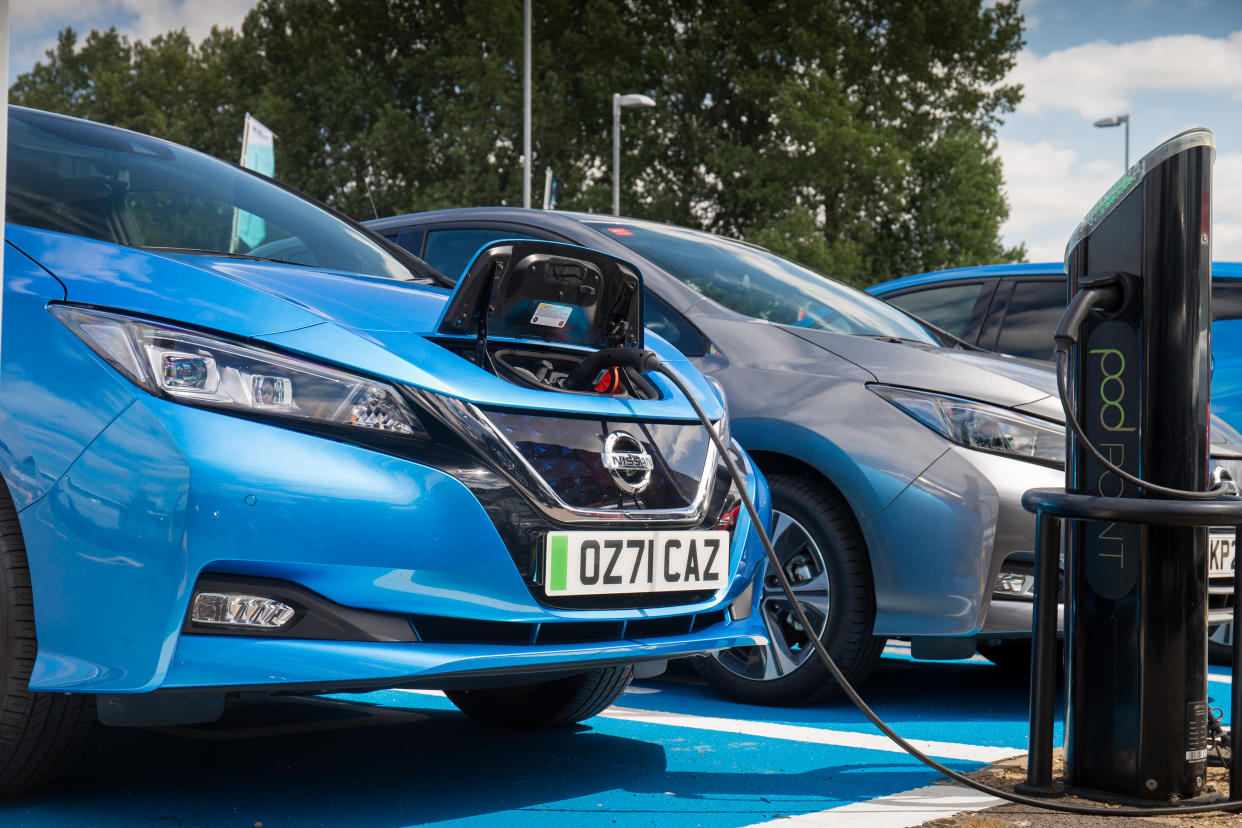Why are electric vehicles so expensive?

The automotive industry is making a rapid switch towards electric vehicles, phasing out the petrol and diesel models that emit polluting gases.
However, one of the stumbling blocks currently keeping uptake low is the fact that EVs cost considerably more than their traditionally fuelled equivalents.
Why is that the case, and will it always be this way? Here’s everything you need to know about EV cost.
What makes electric vehicles so expensive?
The biggest reason electric vehicles cost so much is pretty simple: They have big batteries, and batteries are expensive.

Through our research, we’ve found cost estimates vary wildly, but a safe ballpark figure that a car maker will pay is $150 to $200 (£112 to £150) per kilowatt-hour (kWh) of capacity.
If we look at one of the key mainstream EVs, the Nissan Leaf, prices start at £25,995 for the smaller 40kWh battery model. Based on the above prices, the battery alone costs the manufacturer between £4,500 and £6,000.
The new BMW i4 has a battery capacity of 84kWh in top-spec M50 guise. Prices start at £63,905 with the battery costing BMW around £9,400 to £12,600.
Bear in mind this is an expense not needed at all in combustion-engined cars, and the fact that much of the powertrain technology is well advanced at this point, and you can see how batteries alone can drive the price of an EV up.
Development costs don’t help
The point about development costs is important, too. Petrol and diesel engines are being developed all the time, but the bulk of their development was completed long ago, with incremental gains being found with each new generation.
However, modern electric powertrains are a totally new thing, with much of the development in the past decade having started from scratch. The cost of this research and development will be passed on to the customer through the purchase price to help fund further research.
Remember, too, that EV sales still make up a small proportion of car sales, so profits per car will need to be higher to account for this.
Will electric vehicle prices ever go down?
The short answer is almost certainly yes. The key drivers behind this will be increased sales and improved development.

Firstly, as each new generation of powertrain and battery is developed, engineers will have their work on the previous version as a baseline to work from. This means development costs will slowly come down.
EDF Energy points to research that shows battery prices dropped about 80 per cent between 2010 and 2016, with some estimates suggesting they will cost less than $100 (£75) per kWh by 2030, which is when new petrol and diesel vehicle sales will be banned in the UK.
Furthermore, as electric vehicle sales increase, manufacturers won’t be forced to make quite so much profit on each model.
Economies of scale help, too. Volkswagen has already talked about the fact that, as electric vehicle production increases, its production costs will go down. This, too, will have a positive effect on the price consumers pay.
How long this will take remains to be seen, but with every car manufacturer pushing electrified powertrains and hoping to sell big once the bans on petrol and diesel vehicle sales come, it will be hugely important to make their products more affordable.


